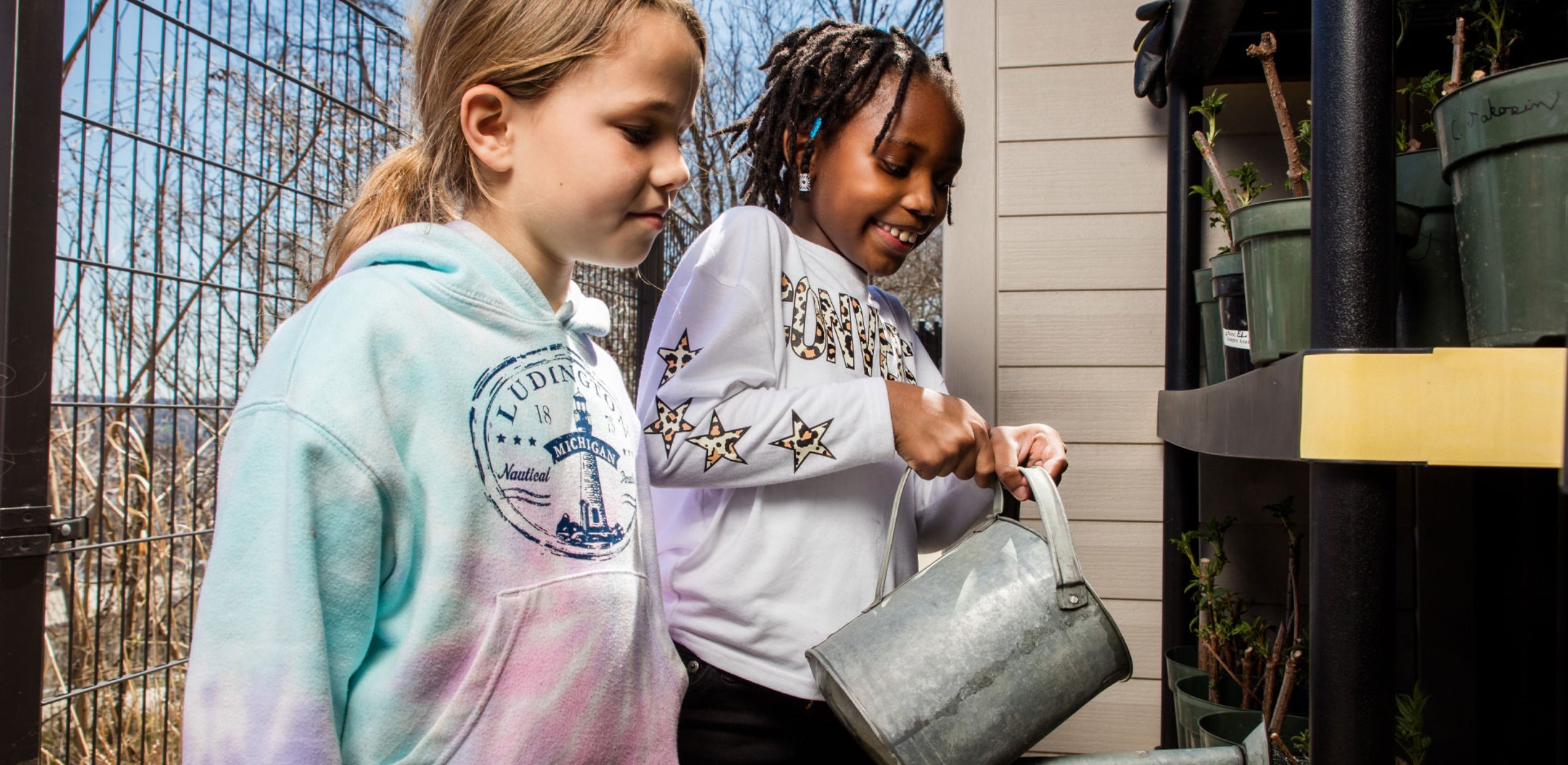Discover our
Home for Learning
- Contact
- 412-624-8020
- [email protected]

In 1930, Falk Laboratory School was chartered to be a progressive private school environment serving both current and future students and teachers. More than 90 years later, this mission continues to guide our approach to learning, shape our teaching philosophy, and influence our vision for worldwide education.
We envision a world where education supports each individual’s fullest development, promotes an inclusive and nurturing community, encourages engaged global citizenship, and ignites lifelong learning.
Established by the 1930 charter agreement between the Falk family and the University of Pittsburgh, Falk's mission is to be a progressive, experimental, and demonstration school. These three core components work together to guide our day-to-day work and improve education for all as we learn from the past and present.

In keeping with progressive education principles, we believe relationships are at the heart of all learning, and we seek to create an environment that fosters inquiry, actively engages student curiosity, and values social-emotional growth alongside academic development.
As a laboratory school, we are committed to experimental research and innovative practices, training future teachers, and sharing our professional knowledge within the Pittsburgh community and beyond.
Learn more about the core functions of laboratory schools worldwide
At Falk, learning is a shared journey rooted in inquiry, personal and academic growth, and progressive education principles. Our school is a vibrant learning community where children, teacher trainees, faculty and staff, parents and families, and administrators all engage in the pursuit of knowledge and understanding. As a community, we frequently ask: What is being learned? Why is it important? How is it best learned? How do we know we learned it?
Grounded in developmental psychology and careful observation and research, our classrooms are dynamic spaces where creativity and critical thinking are not just encouraged but essential. Drawing from constructivist theory and cognitive science, students and teachers continually build on prior knowledge to deepen understanding and construct new meaning. We believe making thinking visible—through dialogue, documentation, and expression—helps learners articulate their ideas, reflect on their learning, and share their knowledge with others.
This inquiry-based model thrives in an environment where faculty are both empowered to make innovative choices about their teaching and guided by our shared tenets for progressive instruction. In the spirit of lifelong learning, faculty also engage in ongoing professional dialogue ranging from small-group book studies and team meetings to partnerships with colleagues and peer schools. Working in cross-curricular teams and committees, they share insights, support one another’s growth, and deepen their understanding of teaching and learning. These interactions not only drive instructional practice but also model the kind of inquiry we seek to inspire in students.
We also believe learning should be filled with joy and lead to enriched personal lives. Play, imagination, and exploration are essential aspects of a Falk education, as are relationships, friendships, global citizenship, and a strong sense of community. It is our hope that when students leave Falk, they take with them a deep understanding of the world around them and the confidence, knowledge, and skills needed to engage with real-life problems and contribute meaningfully to the future.
Falk also recognizes that children come to school with unique strengths, needs, and developmental timelines. We embrace this learning diversity in our classrooms by offering multiple means of engagement, or entry into the content; presentation, or ways of experiencing the content; and expression, or methods of demonstrating understanding.
In all things, we are guided by Falk’s Progressive Education Tenets, which articulate the educational philosophy and beliefs we have held since Falk’s founding in 1931 and that continue to guide our decision-making today.
In 2001, Falk faculty created a visionary document that seeks to answer the question: “What do we wish for our children?” These wishes continue to guide school decision-making and planning today.